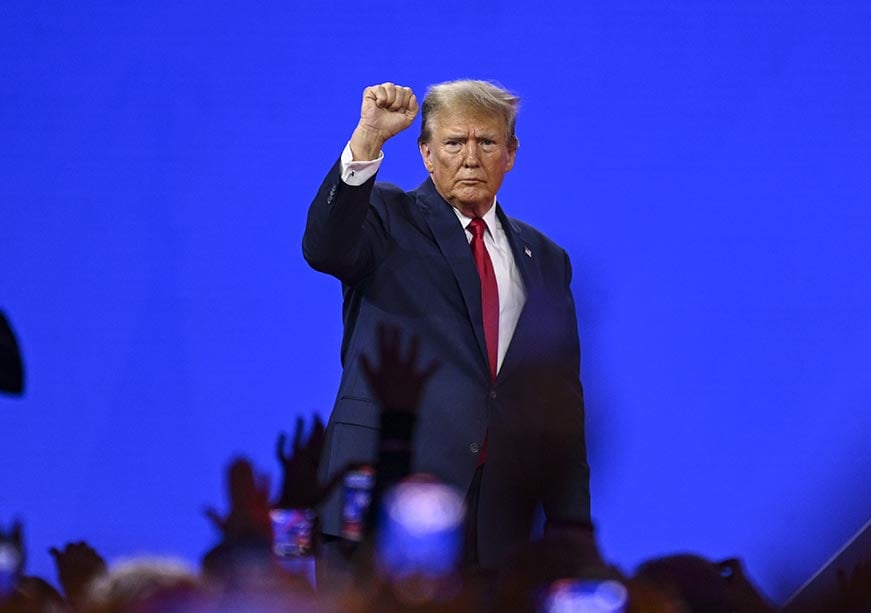The United Kingdom and the United States are preparing to deepen their cooperation on regulation of digital assets such as cryptocurrencies. Discussions have been held recently between UK Chancellor Rachel Reeves and U.S. Treasury Secretary Scott Bessent. Financial Times
Key areas of intended cooperation include:
- Stablecoin regulation — ensuring stablecoins are backed by adequate reserves and audited reliably.
- Tokenization of assets (representing securities, bonds, etc. on blockchains) to facilitate new financial markets.
- Market oversight, anti-money laundering (AML), and regulatory standards that reduce gaps between the two jurisdictions.
What’s Motivating the Move
- The UK is seeking to maintain and enhance its position as a global hub for digital assets and financial innovation. Regulatory clarity is seen as crucial for attracting investment.
- In the US, recent laws (such as the GENIUS Act) and policy shifts have created momentum towards more defined frameworks for stablecoins and digital asset regulation. Aligning with the UK helps reduce regulatory arbitrage — where companies choose jurisdictions with less strict or more favorable rules.
- Industry groups in the UK (e.g. UK Cryptoasset Business Council, UK Finance, TheCityUK) are urging that blockchain, tokenization, and stablecoins be included in the UK-US “Tech Bridge” initiative. They warn that excluding them would disadvantage UK firms
What Could This Cooperation Look Like
- Joint rule-making or alignment on how stablecoins should be regulated (reserve, transparency, audit requirements).
- Cross-border regulatory frameworks or mutual recognition, making it easier for crypto firms operating in both countries.
- Regulatory “sandboxes” to jointly test innovations in digital assets, tokenization or blockchain platforms.
- Cooperation in enforcement, AML/CTF (anti-money-laundering / counter-terrorist financing) standards to prevent misuse of digital assets.
Challenges & What to Watch For
- Harmonizing regulations is hard: legal, risk, consumer protection, monetary policy implications differ between countries.
- Stablecoins remain a contentious area (reserve backing, systemic risk). Getting agreement may take time.
- Industry pressure may push for favorable terms; balancing innovation vs. risk is delicate.
- Watch for official announcements, the final text of any UK-US Tech Bridge agreements or treaties, and how legislation in both countries adapts.
This move shows a growing recognition that cryptocurrencies and digital assets are global in nature — challenges like fraud, regulatory arbitrage, and systemic risk benefit from multinational cooperation. The UK-USA partnership could set a benchmark for how major economies regulate crypto going forward.



